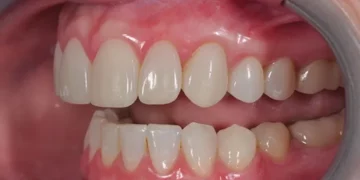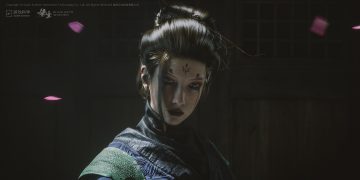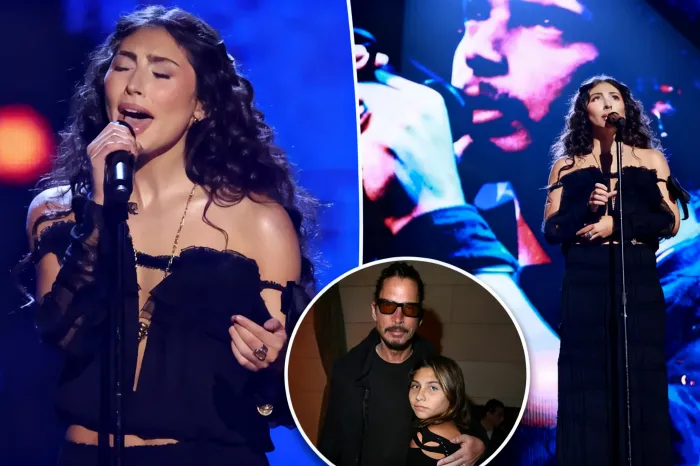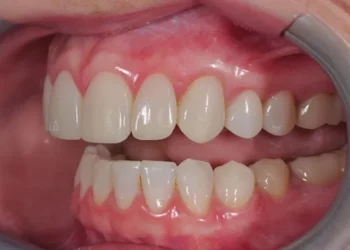The Daughter Duet: Music, Parenting, and Universal Worry
Let’s face it: as soon as someone finds out you’re a parent—especially to a daughter—they’ll ask one of two things. Either, “Have you heard this beautiful new song about daughters?” or “So, are you ready for her teenage years yet?” If that isn’t proof enough that songs about daughters are essentially an emotional support hotline for parents everywhere, we don’t know what is. Whether it’s a gentle lullaby or a power ballad about fatherly tears, music about daughters is a time-tested blend of universal pride, cautionary tales, and a dash of melodrama.
But don’t think for a second these tracks are only for parents. The genre has grown to include everything from children’s anthems by the legendary Ella Jenkins—who wielded the harmonica with the same authority as Mary Poppins did her umbrella—to haunting tributes by rock royalty offspring like Toni Cornell. Wherever daughters and music collide, there’s a song waiting to leave you reaching for the nearest tissue box or, occasionally, the phone to call your mom and apologize for middle school.
From Nursery Rhymes to Nobel Prizes: Daughters in Music Over the Ages
Let’s begin with the pillar of this genre—the children’s music legend we all need but definitely don’t deserve: Ella Jenkins, the so-called “First Lady of Children’s Music.” Not only did Jenkins pioneer songs for (and often with) children, she also used music as a way to connect cultures and generations. Her participatory style embraced diversity, introduced kids to rhythm, and gently broached serious topics. If you thought nursery rhymes were just about frogs eating flies, Jenkins rewrote the script. Her catalog includes lullabies, folk tales, multicultural jams, and even freedom cries reimagined for young listeners.
What sets children’s music about daughters (and by daughters) apart is its ability to nurture self-esteem and belonging. Jenkins famously didn’t talk down to children. She spoke with them. Generations of kids—daughters and sons—have danced to her participatory tunes that subtly planted seeds for civil rights, multicultural unity, and self-expression. Are these songs in the running for a Nobel Prize? Not yet, but we’re convinced it’s only because the committee still can’t get “I Know a City Called Okeechobee” out of its head.
Daughters Who Rock: When the Kids Steal the Show
If you need proof that the apple doesn’t fall far from the tree, look no further than Toni Cornell, daughter of the legendary Chris Cornell. While most of us are lucky to get an appreciative grunt for singing “Happy Birthday” at family gatherings, Toni stunned fans worldwide with her heart-wrenching rendition of “Fell on Black Days” at the Rock & Roll Hall of Fame. Reviewers were unanimous: it was haunting, powerful, and most importantly, a loving tribute that echoed her dad’s emotional intensity.
Toni isn’t alone. Plenty of daughters have taken center stage, both literally and figuratively. Sometimes the meaning is layered—a daughter honoring a late parent, or vice versa, with lyrics that carry memories, regrets, hopes, and dreams. Other times, it’s simply about the unique bond between parent and child. Every performance is a reminder that, with enough practice (and just a touch of parental guilt), daughters can move mountains—or at least bring audiences to tears.
The Emotional Spectrum: Why Everyone’s Got a Song (or Needs One)
Psychologists have long suspected that the reason parents are so drawn to musical tributes to their daughters is that the emotions are just too big to keep bottled up. And let’s be honest, sometimes it’s because teenage daughters are too busy ignoring you to listen anyway, so it’s up to music to quietly say everything you’re thinking. Chris Cornell was described by his daughter as her idol, her source of strength. Likewise, Toni wrote emotionally charged letters and performed moving tributes, showing that music is more than just sound—it’s healing, catharsis, and a bridge between generations.
Let’s not forget how music about daughters celebrates their own self-discovery, independence, and sometimes delightful weirdness. Parents use songs to set hopes to melody or, occasionally, to gently suggest life advice (usually ignored, naturally). Daughters themselves write lyrics that chronicle growing pains, triumphs, heartbreaks, and milestones. And sometimes, the most meaningful songs are the ones sung in living rooms—off-key, with mismatched lyrics—just to let a daughter know she’s loved.
Songs for and by Daughters: A Playlist for the Uninitiated
For those new to the genre, consider this your musical survival guide:
- Ella Jenkins’s “You’ll Sing a Song and I’ll Sing a Song”: the soundtrack for community, unity, and resisting the urge to tell your kids you HAD rhythm once, honest.
- Toni Cornell’s “Fell on Black Days”: proof that a tribute can rock and weep in equal measure.
- Prince’s “Nothing Compares 2 U” (as covered in duet by Toni and Chris Cornell): because nothing says Father’s Day like a chorus of bittersweet memories.
- Any lullaby improvised by exhausted parents at 3:00am: no recording necessary; authenticity guaranteed.
The list goes on, from pop stars dedicating ballads to their children to daughters stepping into the musical spotlight to honor their families or themselves.
The Power of the Daughter Song: Laughter, Tears, and Family Karaoke
In the end, songs about daughters unite us across generations and genres. They’re proof that music can make sense of parental worry, teen rebellion, and all the moments in between that defy neat description. If daughters are the universe’s way of keeping parents on their toes, then songs about daughters are the soundtrack to the beautiful chaos. Whether you’re listening in the car, at a concert, or just humming absentmindedly while waiting for your daughter to answer a text, these songs remind us of what really matters: family, love, and, occasionally, the healing power of a good chorus.
So if you’re seeking advice, comfort, or just a reason to tap your feet and laugh at the strange journey parenthood and daughterhood inevitably become, try a song. After all, as any parent will tell you, the only thing better than a heartfelt daughter ballad is when your kids let you sing harmony—even if it’s just for the dog.





























